Breeding nuts is nuts (okay, maybe not, but I can think of easier ways to make a living)
As I've mentioned before, breeding fruit is a long, expensive prospect, and in most cases not one that would attract anyone interested in actually turning a profit. And everything that makes fruit breeding a pain goes double for nut breeding. And yet here is some one who appears to be breeding chestnuts and hazelnuts commercially. In general, I think that's a dubious prospect, althugh we could certainly use the cultivars, but what do I know? Nuts are a little outside my area of expertise.
I don't know anything more about Badgersett than what I read on the website, but Phil Rutter, the guy in charge, has kept the place running since 1977, which suggests that he knows what he's doing. He's also founder and past president of the American Chestnut Foundation, as well as past president of the Northern Nut Growers Association (NNGA).
Anyway, just came across the site and thought I'd share.
(In other nut news, my family and I saw a really big old pecan tree this weekend. Very impressive, especially considering that pecan trees seem to me rather prone of breaking at the slightest provocation. I didn't get any pictures--we forgot the camera, but I'm going to head back, mainly to take a picture of the giant live oak nearby.


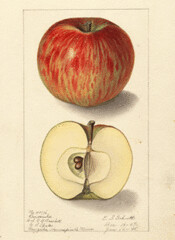
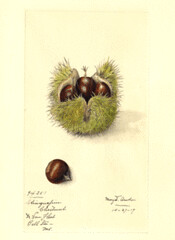
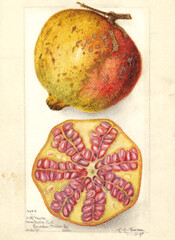
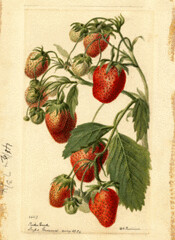
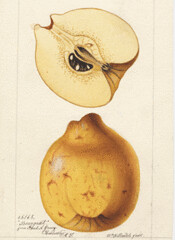



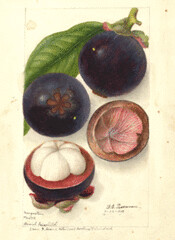
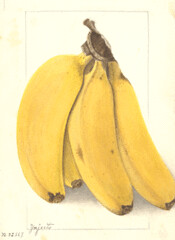

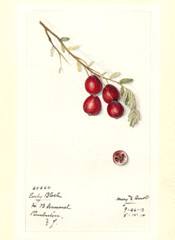
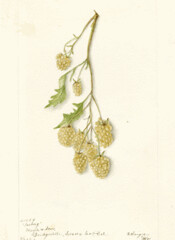
2 Comments:
Why are nuts harder (so to speak)?
A number of factors:
1) Very long generation times. Even the fastest maturing nut species take several years to bear from seed. Things like walnut and pecan might take as much as a decade before you have a decent idea of what the crop is like. So a breeder would be lucky to get more than a couple of generations in an entire career. Not much progress can be made like that.
2) People don't often replace nut trees. This limits how much money you can really make with a new cultivar.
3) Nut trees are on the large end of the spectrum when it comes to plant sizes, which means it takes a lot of land to accomodate a few plants, and because of the long generation time, they tie it up for longer.
4) Self-incompatibility in some species (hazelnut, almond) can hinder progress by preventing selfing and inbreeding.
5) Because of all of the above, the body of research available on the genetics of many nut species is pretty limited (this is a good thing if you're a scientist trying to make a name for yourself, bad if you're trying to make a living pumping out cultivars.)
Post a Comment
<< Home